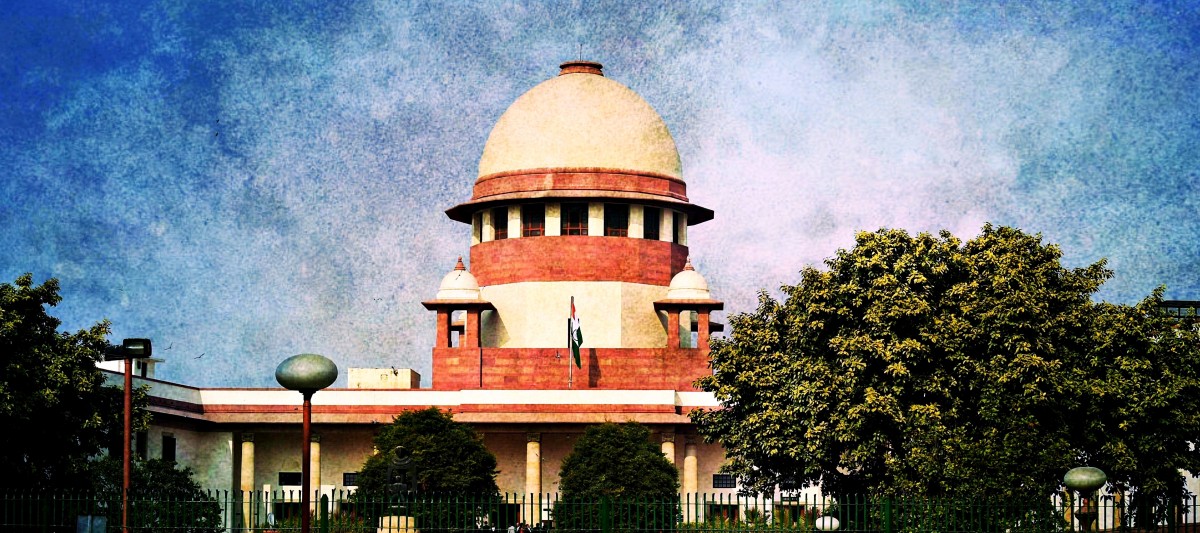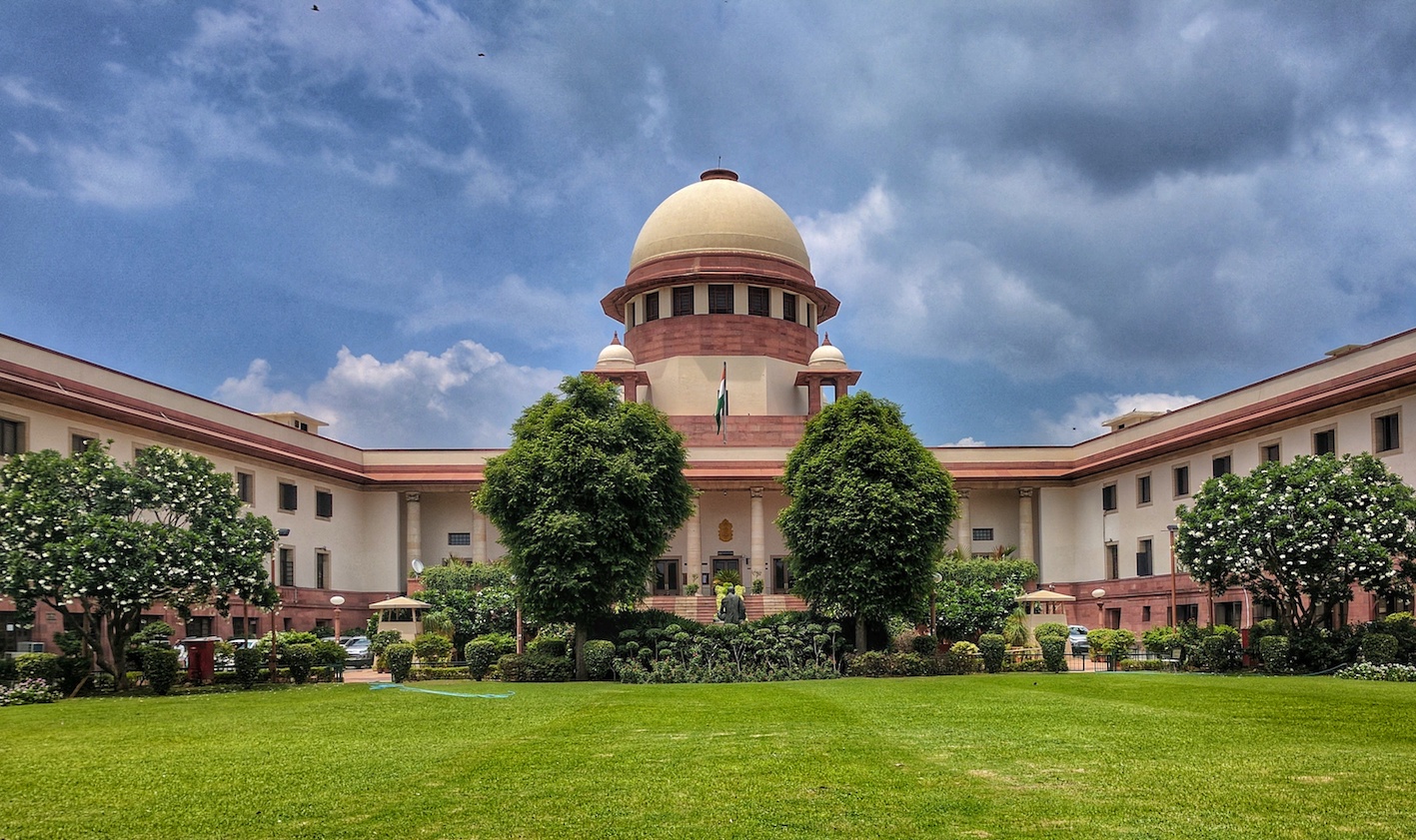Andhra Pradesh CM writes to CJI, alleges SC judge NV Ramana influencing High Court
Andhra Pradesh Chief Minister Jaganmohan Reddy has written a letter to the Chief Justice of India, Justice SA Bobde and made serious allegations against the second highest judge of the Supreme Court.
In this letter to the CJI, Reddy alleged that Supreme Court Judge NV Ramana, along with former CM Chandrababu, are trying to destabilize the government. After the end of Justice Bobde’s term, Justice Ramana is going to be the next Chief Justice of India.
In his letter, Jagan Mohan Reddy has requested the Chief Justice to uphold the neutrality of the judiciary in Andhra Pradesh.
In this eight-page letter, Chief Minister Reddy has said that Justice Ramana’s alleged proximity to TDP leader and former Chief Minister of the state N. Chandrababu Naidu, and Ramana Transactions of Land involved Justice Ramana in Amravati, an anti-corruption bureau is investigating two daughters.
Last month, Justice Ramana, former Supreme Court judge Justice R.K. Speaking at the launch of a book by Bhanumati, he said: As the judges bar themselves from speaking out in their self-defense, they are now considered as soft targets for criticism.
The issue is further complicated by the proliferation of social media and technology, in which the judge is maligned by social media posts.
The Chief Minister has written, how important matters of Telugu Desam Party have been allocated for some honorable judges. Ever since the YSR Congress party gained power in May 2019 and ordered an inquiry into all deals done by N. Chandrababu Naidu’s regime from June 2014 to May 2019, Justice NV Ramanna has served the judicial administration started impressing.
The Chief Minister alleged that the investigation into the land deal of former State Advocate General Dammalapathi Srinivas was stayed by the High Court, although an FIR was lodged against him by the Anti-Corruption Bureau. The complaint of fraud and investigation of crime is made on the basis that the money involved in the transaction is paid by the accused. To protect the interests of TDP members in such orders violates every judicial precedent and primary principle of the judiciary.
By Priya Kumari


